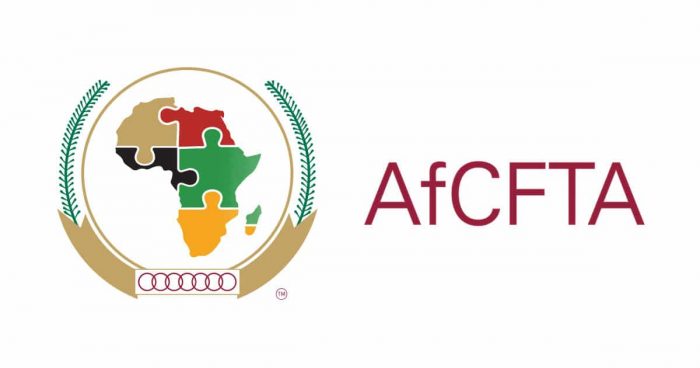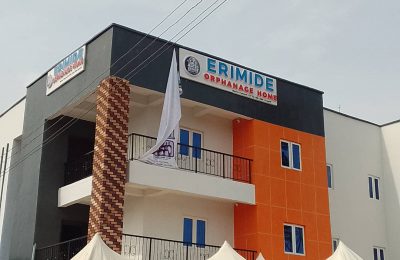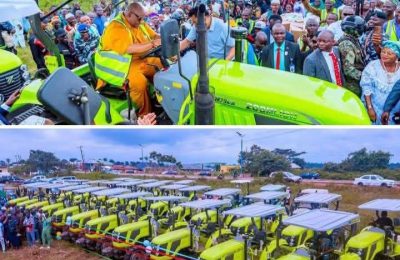

The Secretary General of the Abuja MoU, Captain Sunday Umoren, has stated that for African economies to fully benefit from the $3 trillion Gross Domestic Product (GDP) offered through the African Continental Free Trade Area (AfCFTA) agreement, the continent will need around 100 ships to facilitate the transport of goods within Africa.
Addressing journalists over the weekend during the Quarterly Paper Presentation organized by the Nigerian Association of Master Mariners (NAMM), Captain Umoren explained that, once fully implemented, the AfCFTA agreement is expected to increase intra-African freight by 28 percent and demand for maritime freight by 62 percent.

According to Captain Umoren, “Shipping and maritime transportation have been the main drivers of globalization.
“Scholars, business experts, and African ship owner associations all agree that AfCFTA presents a great opportunity for the growth of the Blue Economy in Africa.”
He noted, “The African Union has reported that intra-African trade currently stands at about 10 percent, compared to 60 percent, 40 percent, and 30 percent in Europe, North America, and ASEAN, respectively.
“It is anticipated that AfCFTA will improve this ratio to 20 percent through increased cross-border trade.”
“The United Nations Economic Commission for Africa projects that implementing the AfCFTA could double maritime freight from 58 million to 131.5 million tons.
ALSO READ: Ilorin residents hail Emir Sulu-Gambari on 29th coronation anniversary
“With current tonnage levels, this surge in demand will require significantly more tonnage, necessitating substantial investment in maritime infrastructure and services.”
“A substantial increase in traffic flows is anticipated across all transport modes in Africa in the coming years.
“This will require enormous investments in transport equipment and infrastructure, including the addition of 100 vessels, if AfCFTA is fully realized.
“The investments expected due to AfCFTA also provide an opportunity for a green economic recovery in Africa.”
He added, “This paper focuses on three key aspects of the Blue Economy that will require urgent investment if African nations aim to excel in shipping-related gains linked to trade liberalization within Africa.
“These are ship ownership, port facilities, and the determinants of demand, supply, and market—along with encouraging, with incentives, African countries to trade among themselves.”
“Boosting intra-African trade is an extensive endeavor, beyond the scope of this paper, but it includes conscious investment in manufacturing, understanding the purpose of Regional Economic Communities (RECs) like ECOWAS, and fostering economic resilience.”
“Considerable research has identified key factors contributing to low levels of intra-African trade, including flawed economic and trade policies; a focus on raw material production without refinement, leading to the export of unprocessed materials that are then imported back as finished goods; inadequate infrastructure and logistics; the production of lower quality products compared to those from Europe and Asia; geographic and climatic challenges; limited economic diversification; high production costs; and a lack of globally competitive goods and services.”
“A significant issue is the inadequacy of financing mechanisms and the weak financial health of many African countries burdened by debt, which causes them to favor financially stable customers who can pay or enter financing arrangements.”
He concluded, “AfCFTA offers an extraordinary platform to revive and boost intra-African trade, leading to positive economic development.
“Trade can only thrive when commodities can move from the producer to the consumer.
“This movement depends on freight transportation across various modes, including vehicles, railways, ships, aircraft, and trucks.”
“With 38 coastal and island states, 13 million square kilometers of Exclusive Economic Zones, and over 47,000 kilometers of coastline, Africa’s maritime sector has immense potential to facilitate trade and regional integration across the continent.”








